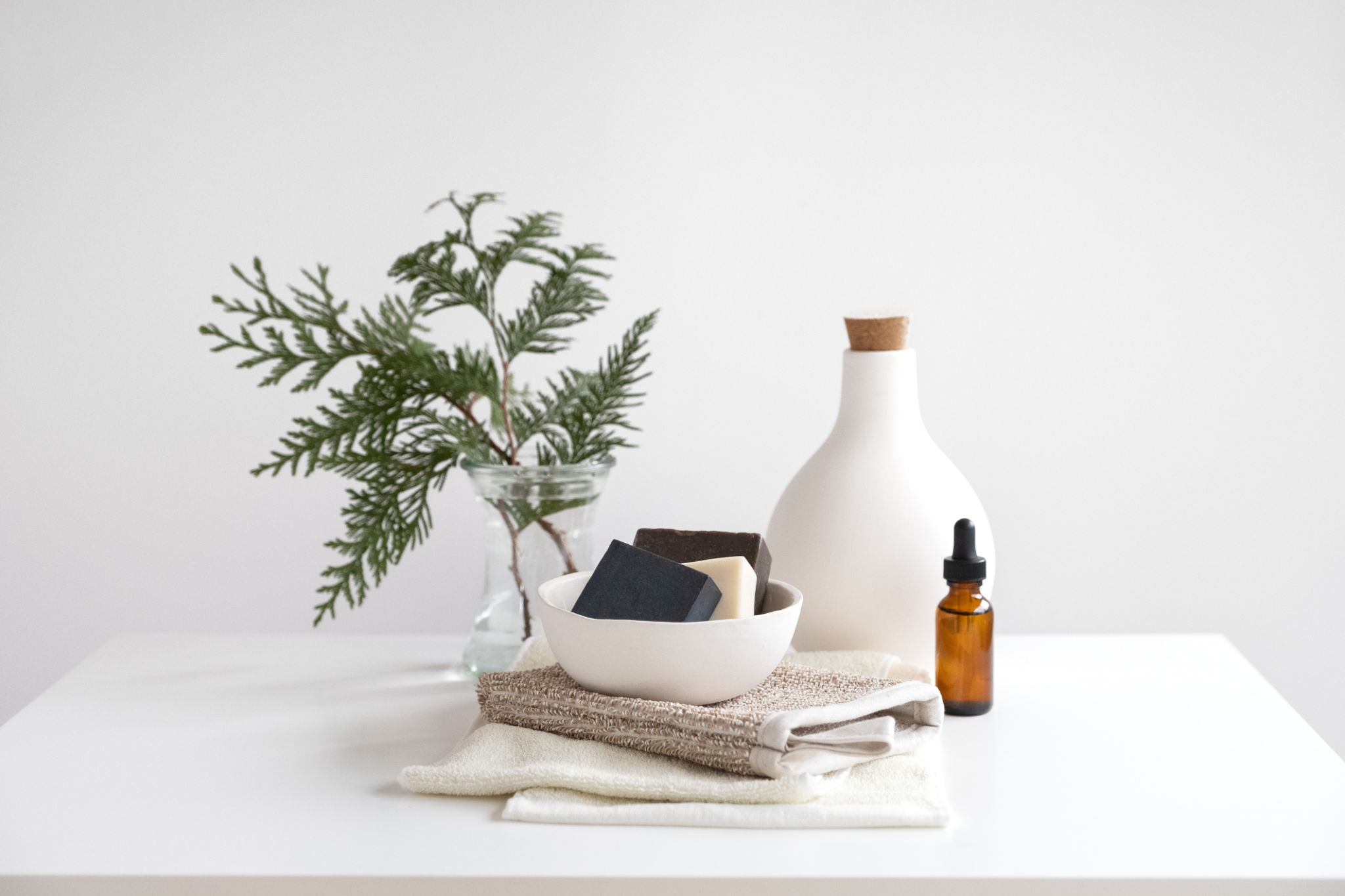Myth-Busting Aromatherapy: Common Misconceptions About Essential Oils
Introduction to Aromatherapy
Aromatherapy, the art and science of using essential oils for therapeutic purposes, has been practiced for centuries. Despite its long-standing history, there are numerous misconceptions surrounding it. This blog post aims to clear up some of these misunderstandings and provide a clearer perspective on the benefits and uses of essential oils.

Misconception #1: Essential Oils Can Cure Diseases
One of the most common myths is that essential oils can cure serious illnesses. While essential oils have therapeutic properties that can support overall well-being, they should not be considered a replacement for traditional medical treatments. It's important to consult with healthcare professionals for any medical conditions.
Essential oils can enhance relaxation, improve mood, and help alleviate minor symptoms such as headaches or muscle tension. However, claims that they can cure diseases like cancer or diabetes are unfounded and potentially dangerous.
Misconception #2: All Essential Oils Are Safe for Everyone
Another widespread misconception is that essential oils are entirely safe for everyone to use. While they are natural, they are also highly concentrated and potent. This means they can cause adverse reactions if not used correctly. Certain oils may not be suitable for children, pregnant women, or individuals with specific allergies.

Always perform a patch test before using a new essential oil and consult with a healthcare provider if you have any concerns. Proper dilution with a carrier oil is often necessary to prevent skin irritation.
Misconception #3: More Is Better
Many people believe that using larger quantities of essential oils will yield better results. This is a dangerous myth as overuse can lead to adverse side effects such as headaches, dizziness, or skin irritation. Moderation is key when it comes to aromatherapy.
Using the recommended amount can provide the desired benefits without causing harm. It’s important to follow guidelines and respect the potency of these natural extracts.

Misconception #4: All Essential Oils Are Created Equal
Not all essential oils on the market are of the same quality. Factors such as the plant source, extraction method, and storage conditions can greatly affect the oil's purity and effectiveness. It is crucial to purchase oils from reputable suppliers who provide information about the oil's sourcing and testing.
Look for certifications and customer reviews when selecting essential oils to ensure you are getting a high-quality product. This will help you enjoy the full benefits of aromatherapy.
Conclusion
Aromatherapy is a valuable practice that can contribute significantly to holistic health when used correctly. By understanding and dispelling common myths about essential oils, you can use them safely and effectively as part of your wellness routine.
